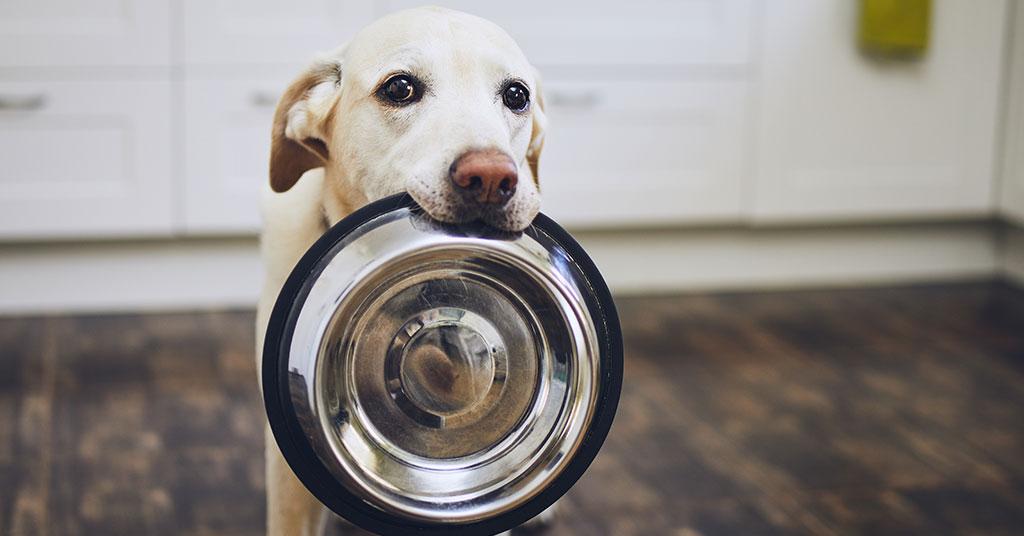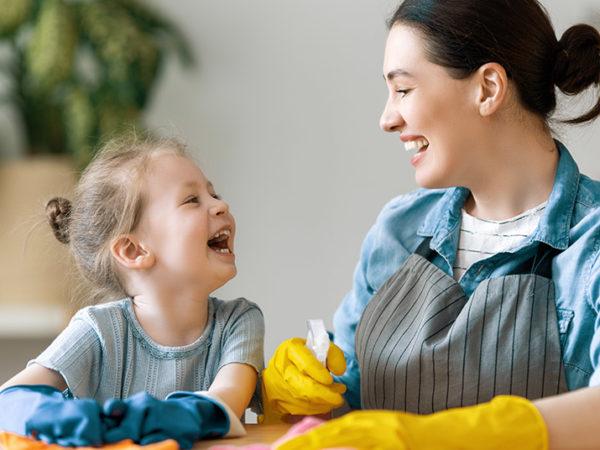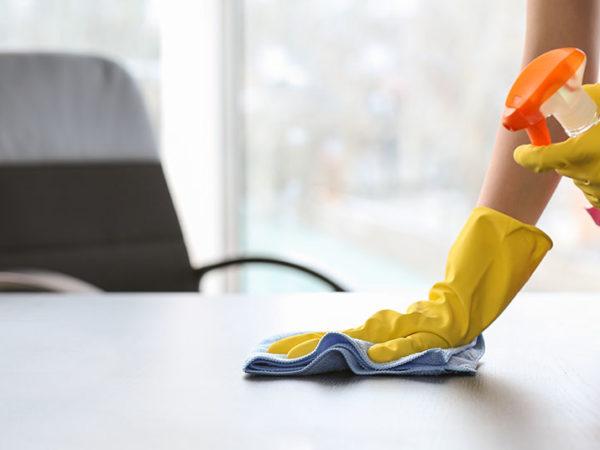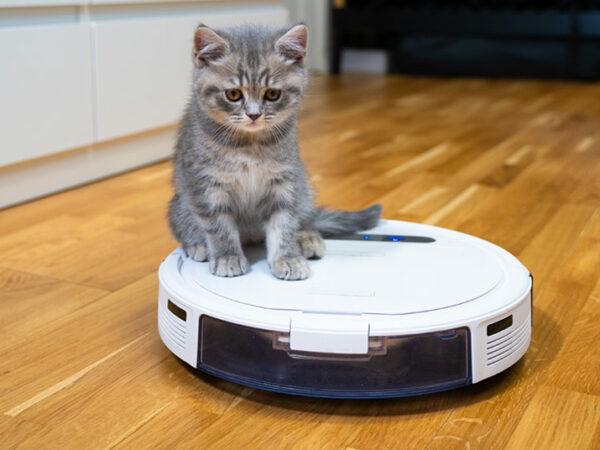
It doesn’t matter how regularly your house is dusted and vacuumed, there are still places that most people forget to clean.
Here are the eight most forgotten spots around the home where bacteria, germs and pathogens flourish.
1. Kitchen drain
A dirty kitchen drain is a potential death trap. Apart from the toilet bowl, it has the highest number of bacteria per square cm. It’s dank, moist and supports the growth of all sorts of bacteria, including E. coli.
How do you clean and sanitise a kitchen drain? It’s simple. Pour half a cup of bicarbonate of soda down the drain, followed by half a cup of white vinegar. Cover the drain and let it stand for 15 to 20 minutes. Then pour down a generous quantity of boiling water.
2. Cat and dog bowls
Your pets’ bowls may be licked clean, but they’re far from hygienic. According to a recent study, it’s common to find a host of bacteria and contaminants lurking in pets’ bowls, especially water bowls.
You can pop them into the dishwasher to sanitise. If your pet is on a raw-food diet, it’s essential to sanitise the bowl after each meal. Immerse the bowl in a solution of warm water and bleach for at least 10 minutes. Rinse thoroughly and leave in the sun to dry.
3. Fridge door
We focus our energies keeping the interior of the fridge clean and sanitised. The truth is the fridge door is where the danger lies. There are more bacteria on a fridge door than on a toilet seat.
As the door is the warmest place in the fridge, food and milk can spoil quickly. Clean the fridge door inside and out before filling it with a new batch of groceries.
4. Curtains
Curtains, particularly cotton curtains, accumulate dirt, dust, insects and mites. Germs, bacteria and allergens get trapped in the layers of fabric and can trigger asthma, bronchitis, colds and flu.
Have all the curtains, drapes and fabric blinds professionally cleaned at least once a year. In between, a weekly vacuum is a must.
5. Dishcloths and sponges
We use dishcloths and sponges to keep the kitchen clean, but how often do we clean them? Not often, according to a study conducted to determine the “germiest” place in the home. Placing a sponge or cloth in the microwave for two minutes can kill most bacteria. Or, change your cloths and sponges every few weeks.
6. Cell phones
Cell phones are ubiquitous but how many of us clean our phones? We should. It’s been proven that mobile phones are magnets for pathogenic bacteria.
We should sanitise our phones as often as we wash our hands. According to manufacturer recommendations, disinfectant sprays and wipes are effective.
7. Mattresses
Did you know there are up to a million dust mites living in one mattress? Neglected mattresses are havens for yeast, mould and bacteria.
We may flip our mattresses occasionally, but a more regular, professional mattress cleaning regimen is essential.
8. Door knobs and light switches
We’re constantly switching lights on and off and opening and closing doors. Yet these items are seldom part of our cleaning routine. Here’s a wakeup call. Based on recent research, COVID-19 can live on doorknobs and light covers for up to five days.



